Construction Technology, Digital Transformation
Procore Project Management Implementation in the UAE: A Comprehensive Guide
Introduction to Procore Project Management
Table of Contents
- 1 Introduction to Procore Project Management
- 2 Understanding Project Management Needs in the UAE
- 3 Key Benefits of Implementing Procore in UAE Projects
- 4 The Procore Implementation Process
- 5 Choosing the Right Procore Project Management Implementor in the UAE
- 6 Challenges Faced During Implementation
- 7 Success Stories: Procore Implementation in the UAE
- 8 Future Trends in Project Management and Procore
- 9 Conclusion and Next Steps
Procore is a prominent project management software tailored primarily for the construction industry, offering a robust platform that enhances communication and workflow for all project stakeholders. Founded in 2003, Procore has grown rapidly in response to the industry’s demand for better project management solutions. Its emphasis on collaboration, efficiency, and real-time data accessibility positions it as a vital tool in managing complex construction projects, a critical asset in the fast-evolving markets such as the UAE.
Procore is characterized by its comprehensive set of features that cater to the various needs of construction professionals. These include project scheduling, budget management, document control, and premium reporting tools. With such capabilities, users can streamline their workflow and maintain organized communication throughout the project lifecycle. For instance, the software allows teams to share plans and updates instantly, reducing the potential for miscommunication that often leads to costly delays in projects.
The significance of Procore becomes even more pronounced within the context of the UAE’s booming construction sector. As the region strives to meet its ambitious infrastructure goals, the demand for efficient project management solutions has surged. Procore is particularly well-suited for this environment, given its ability to integrate various stakeholders—from contractors to architects—into a cohesive working ecosystem. This collaborative approach facilitates improved decision-making and project outcomes, ensuring that projects are delivered on time and within budget.
In summary, Procore not only serves as a comprehensive tool for construction project management but also addresses the unique challenges faced by stakeholders in the UAE. Its growing adoption highlights the continual evolution of project management practices, promoting enhanced efficiency and collaboration across the industry.
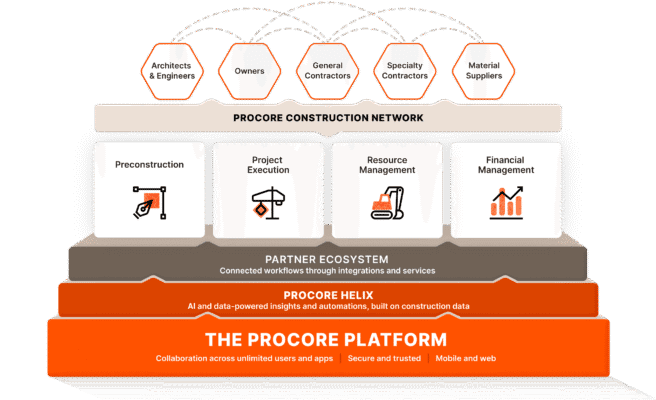
Understanding Project Management Needs in the UAE
The United Arab Emirates (UAE) serves as a vibrant hub for construction and infrastructure projects, necessitating a nuanced understanding of project management requirements specific to this region. The UAE’s regulatory environment is complex, characterized by a range of local and federal regulations that govern construction activities. Project managers must stay abreast of these regulations to ensure compliance and mitigate risks associated with non-compliance, which can include costly delays and penalties.
Moreover, the UAE’s construction landscape presents numerous challenges, such as fluctuating market conditions, a skilled labor shortage, and logistical complexities. Project managers often find themselves navigating a competitive market where project timelines and budgets are tightly intertwined. The pressure to deliver projects efficiently can be compounded by the unique climatic conditions in the region, which can affect construction schedules and labor availability.
In this context, adopting advanced technology for effective project management becomes imperative. Digital tools such as Procore provide solutions that can streamline processes, enhance collaboration, and improve overall project visibility. By integrating technology into their workflows, project managers in the UAE can better manage resources, track progress in real-time, and respond to unforeseen challenges swiftly, thereby increasing the likelihood of project success.
Cultural dynamics and workforce diversity also play crucial roles in project management within the UAE. With a multicultural workforce comprising individuals from various backgrounds, project managers must be adept at fostering effective communication and teamwork. Understanding the cultural nuances that influence working styles can lead to enhanced collaboration and productivity across diverse teams. Therefore, recognizing these project management needs is essential for anyone looking to navigate the complexities of construction projects in the UAE successfully.
Key Benefits of Implementing Procore in UAE Projects
Implementing Procore in construction projects within the UAE brings multiple key benefits that can significantly enhance project outcomes. One of the foremost advantages is the improved collaboration among teams. Procore’s cloud-based platform facilitates seamless communication across various stakeholders, ensuring that architects, contractors, and clients can share insights and updates in real-time. This level of collaboration minimizes misunderstandings and fosters teamwork, essential for the success of construction projects in the UAE’s fast-paced environment.
Enhanced communication is another vital benefit of Procore. The platform provides a centralized hub for all project-related information, allowing team members to access documents, schedules, and timelines effortlessly. This not only enhances transparency but also allows for the efficient flow of information, reducing the risk of delays commonly associated with construction projects. Moreover, real-time updates enable teams to react promptly to any unforeseen issues, thereby maintaining project momentum.
Cost management also sees a significant boost through the use of Procore. By providing comprehensive tools for budget tracking and financial management, Procore project management empowers project managers to keep an eye on expenditures, helping to ensure that projects remain within budget. The platform’s capabilities for compliance with local regulations are particularly beneficial in the UAE, where adherence to legal standards is paramount. Procore simplifies this process by providing templates and checklists to monitor regulatory requirements, thus alleviating potential compliance risks.
Furthermore, the platform promotes data-driven decision-making, enhancing efficiency in project delivery. By analyzing real-time data and trends, project managers can make informed choices that improve productivity. This analytical capability is essential in a dynamic market like the UAE, where timely decisions can lead to significant advantages. Overall, the implementation of Procore can result in a more integrated, efficient, and compliant approach to managing construction projects in the UAE, ultimately driving successful project completion.
The Procore Implementation Process
Implementing Procore in an organization requires a methodical approach to ensure that all aspects of project management are covered effectively. The process begins with comprehensive planning, which is crucial for identifying the specific needs of the organization and how Procore can address these requirements. During the planning phase, it is important to form a dedicated implementation team that includes key stakeholders from various departments to facilitate a smooth transition.
After assembling the team, the next step involves data migration. This process includes gathering existing project data and transferring it into the Procore project management platform. It is essential to conduct a thorough audit of the current data to ensure accuracy and completeness. This phase often requires collaboration with IT specialists who can assist in mapping the data from legacy systems into Procore, thereby minimizing any potential disruptions during the transition.
Following data migration, integration with existing systems must be prioritized. Seamless integration with tools already in use, such as ERP or accounting software, ensures that all information remains synchronized and accessible to all users. This step requires careful planning and potentially the involvement of third-party experts who specialize in system integrations.
Staff training is another crucial component of the Procore implementation process. Developing a training schedule that accommodates different learning styles is vital. Procore offers various training resources, including webinars, tutorials, and hands-on sessions that can significantly enhance user proficiency. Encouraging staff to engage with the platform actively can foster a more robust understanding of its features.
Lastly, establishing clear timelines for each phase of the implementation process is essential to maintaining focus and driving accountability. This timeline should include milestones to review progress and adjust strategies as necessary. Additionally, change management strategies are important to support user adoption, ensuring that staff are well-equipped to embrace the new tools and processes. Recognizing and addressing resistance to change early on is key to achieving successful implementation and optimizing Procore’s capabilities in the organization.
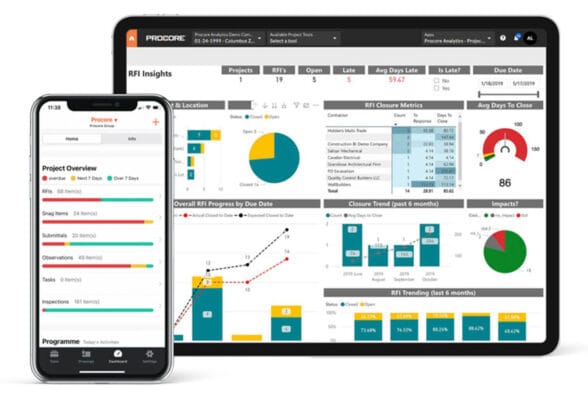
Choosing the Right Procore Project Management Implementor in the UAE
Selecting an appropriate Procore project management implementor in the United Arab Emirates is an essential step for businesses aiming to enhance their project management processes. The first criterion to consider is the implementor’s experience within the industry. A firm that has a proven track record in similar projects can offer insights and solutions that are specifically tailored to the unique challenges faced in the UAE construction landscape.
Certifications also play a significant role in evaluating potential implementors. It is beneficial to look for those who are recognized by Procore and have undergone comprehensive training. This ensures they have a strong understanding of the platform’s functionalities and can deliver a seamless implementation process. Additionally, those implementors who have training in related project management methodologies can provide added value to your business, as they may apply best practices that improve overall project outcomes.
Client testimonials serve as an invaluable resource during the selection process. Reviewing feedback from past clients can give you an indication of the implementor’s reliability, customer service, and ability to deliver results on time and within budget. It may be beneficial to request case studies or references to ensure that the implementor can meet specific needs and expectations.
Furthermore, understanding the local market is crucial. An implementor with a deep comprehension of the UAE’s legal, regulatory, and cultural aspects can facilitate smoother project execution and compliance. Engaging with an implementor who demonstrates strong ongoing support is equally essential; this should include product training, troubleshooting assistance, and regular updates to help navigate any evolving challenges. Building a solid partnership with your implementor will ultimately support your long-term project management goals and enhance the successful adoption of Procore within your organization.
Challenges Faced During Implementation
Implementing Procore for project management in the UAE can present several challenges that organizations must navigate to ensure successful adoption. One of the most prevalent issues is resistance to change. Employees and stakeholders, accustomed to traditional methods, may be hesitant to embrace new technology. This resistance can stem from fear of the unknown or perceived loss of control and is often rooted in a lack of understanding of Procore’s benefits. To mitigate this challenge, organizations should foster a culture of openness, actively communicate the benefits of Procore, and involve employees in the transition process.
Technological hurdles also pose a significant challenge during Procore implementation. These can range from inadequate infrastructure to compatibility issues with existing systems. Organizations must assess their current technology landscape and invest in necessary upgrades or adjustments before proceeding with Procore’s deployment. Additionally, conducting thorough testing during the implementation can help identify potential technological barriers and enable proactive solutions.
Customization needs can further complicate the implementation process. While Procore offers a robust suite of tools, organizations may find that specific workflows or processes require tailored solutions. Engaging in early discussions with Procore consultants to identify and develop these customizations can ease the transition and enhance user experience.
Integration issues with existing software systems can also arise, particularly in a field as interconnected as construction. Procore must seamlessly integrate with tools already in use to ensure smooth operations. It is crucial to involve IT teams in the planning phase to address these concerns effectively.
Finally, training gaps can hinder the successful use of Procore. Employees must feel competent and confident in using the platform to achieve maximum benefits. Comprehensive training programs, along with continuous support resources, can ensure employees are well-equipped to navigate and leverage Procore effectively. By addressing these challenges proactively, organizations can pave the way for a successful Procore implementation journey.
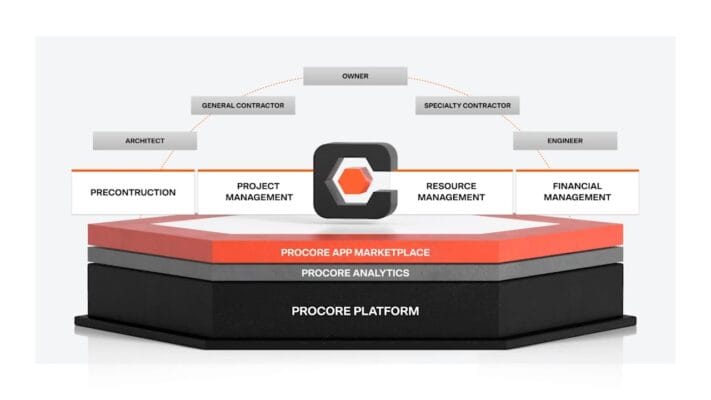
Success Stories: Procore Implementation in the UAE
The implementation of Procore in the UAE construction industry has led to numerous success stories that highlight the software’s effectiveness in improving project management. One notable example is the implementation at the Dubai Marina project, where Procore was utilized to enhance communication among various stakeholders. The project team experienced a 30% increase in collaboration efficiency, leading to timely decision-making and reduced delays in project execution. This case illustrates how Procore can transform project workflows and elevate productivity in complex construction environments.
Another compelling case study involves the Abu Dhabi’s Masdar City initiative. Here, Procore was successfully integrated into a project involving multiple contractors and subcontractors. By utilizing Procore’s real-time reporting and documentation features, the project managers achieved a significant reduction in paperwork, leading to a 25% decrease in administrative costs. The ease of access to project data allowed for better tracking of progress and resources, ensuring that the project remained on schedule and within budget.
Furthermore, the implementation of Procore in the construction of the Louvre Abu Dhabi was met with exceptional results. This cultural landmark project employed Procore’s project management tools to streamline communication and document management between the architects, contractors, and clients. The use of Procore facilitated the identification and resolution of potential issues before they escalated, reducing change orders by 15%. This success underscores the critical role of effective project management tools in handling intricate projects within the UAE’s competitive construction market.
In summary, these success stories from various construction projects in the UAE demonstrate the tangible benefits of Procore implementation. Organizations have reported measurable outcomes, including increased productivity, reduced costs, and enhanced collaboration. By analyzing these case studies, industry professionals can derive valuable lessons and best practices, informing future projects aimed at maximizing efficiency and effectiveness in project management.
Future Trends in Project Management and Procore
The landscape of project management, particularly in the construction sector, is rapidly evolving, influenced by advancements in technology and changing industry demands. In the United Arab Emirates (UAE), these trends are poised to reshape how project management software like Procore operates and integrates within the construction framework. Key emerging technologies such as artificial intelligence (AI), the Internet of Things (IoT), and cloud computing are driving transformative shifts, enhancing efficiency and collaboration on construction projects.
Artificial intelligence is becoming increasingly integral to project management platforms. AI technologies can analyze vast amounts of data, providing insights that assist in decision-making, risk management, and resource allocation. Procore, harnessing these capabilities, could offer more sophisticated predictive analytics, thus enabling project managers to foresee potential challenges and mitigate delays more effectively.
In addition, the Internet of Things (IoT) is facilitating unprecedented levels of connectivity among construction resources. With IoT devices tracking everything from equipment performance to real-time site conditions, Procore can leverage this data to offer enhanced tracking and monitoring solutions. This integration results in more accurate project timelines, improved resource management, and heightened overall project transparency.
Cloud computing stands as a foundational technology that allows users to access project management tools remotely, thus fostering collaboration among teams situated across different locations. Procore’s cloud-based architecture positions it well to adapt to evolving customer needs and technological capabilities, ensuring that robust project management solutions remain readily accessible to stakeholders throughout the UAE’s construction ecosystem.
Ultimately, as these technological trends continue to unfold, Procore is likely to evolve its offerings, providing more innovative solutions tailored to the complexities of modern construction projects. The future of project management in the UAE thus appears promising, with advancements paving the way for a more efficient, data-driven approach to construction management.
Conclusion and Next Steps
In conclusion, the implementation of Procore Project Management within the UAE construction industry presents significant advantages and opportunities for enhancing project efficiency and collaboration. Throughout this guide, we have delved into the various aspects of Procore, detailing its functionalities, benefits, and relevance to the unique challenges faced in the UAE. Effective project management is critical for ensuring that projects are delivered on time, within budget, and to the required quality standards. The complex regulatory environment and the distinctive cultural dynamics of the UAE necessitate a comprehensive and reliable project management solution, making Procore an ideal choice.
The core benefits of Procore, including real-time collaboration, streamlined communication, and enhanced visibility into project timelines and budgets, cannot be overstated. By utilizing Procore, construction professionals in the UAE can navigate the complexities of their projects more adeptly, ultimately leading to improved outcomes and productivity. As the construction industry continues to evolve with new technologies, the importance of adopting digital project management tools like Procore becomes increasingly evident.
For organizations considering the integration of Procore, it is essential to engage with a qualified Procore implementor who can tailor the solution to specific project needs. Additionally, exploring further training and support opportunities will ensure that team members are proficient in utilizing this platform, thus maximizing its potential. By taking these steps, construction professionals can foster a culture of effective project management that not only enhances their current operations but also positions them for future success in a competitive landscape.
We encourage readers to reflect on the valuable insights provided in this guide and consider how Procore can meet their project management needs. By embracing this innovative solution, organizations in the UAE can enhance their project delivery processes and achieve their strategic goals.





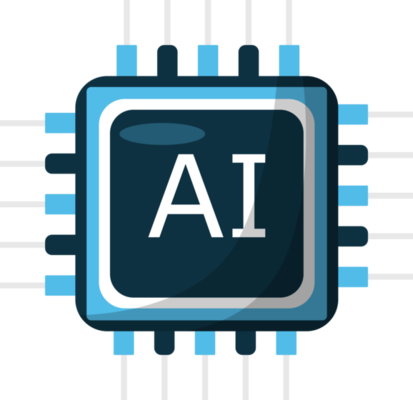
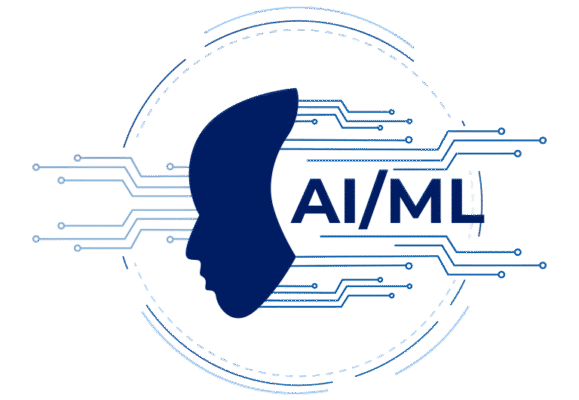
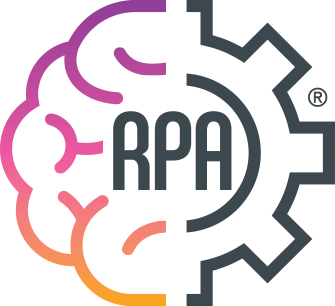

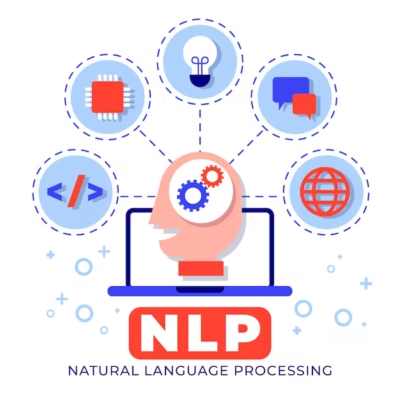

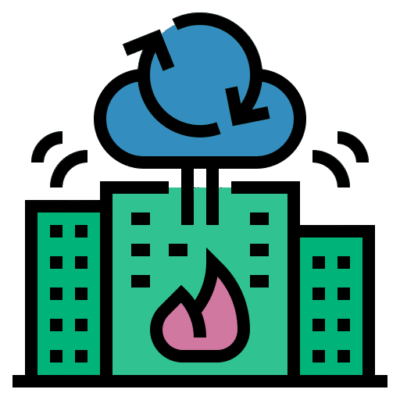



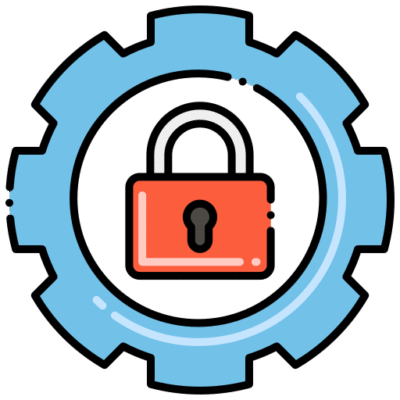



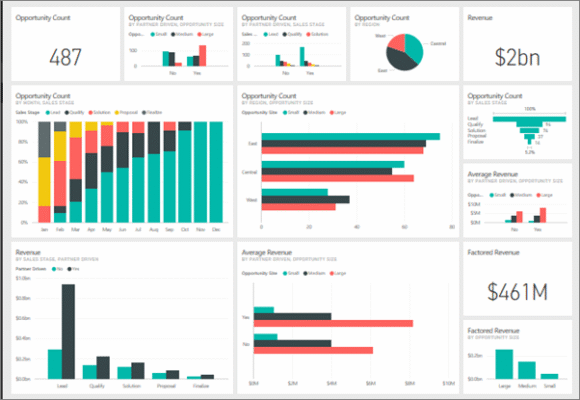
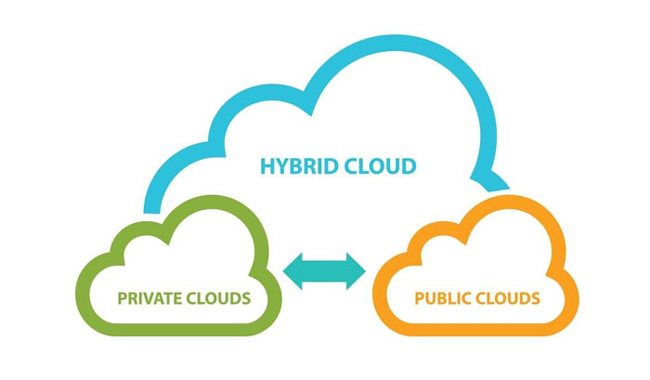






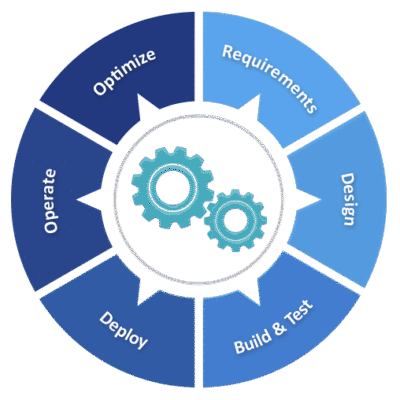

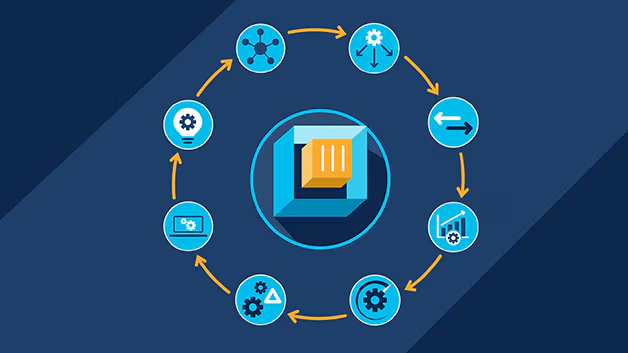
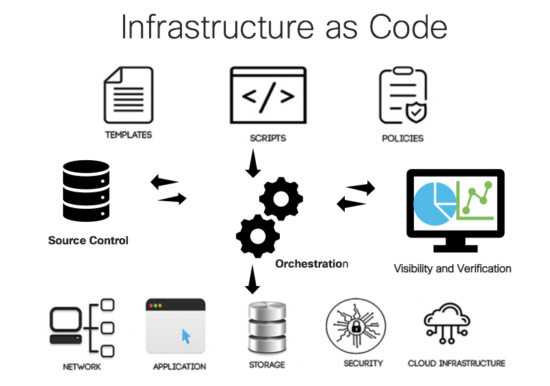
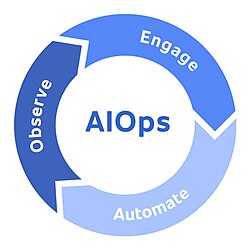

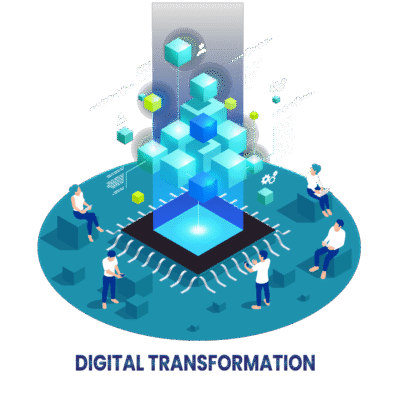
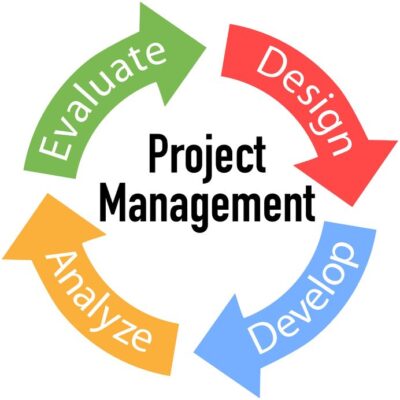
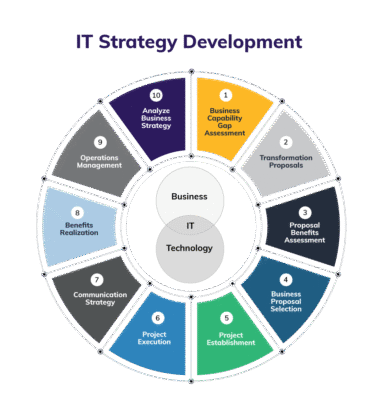



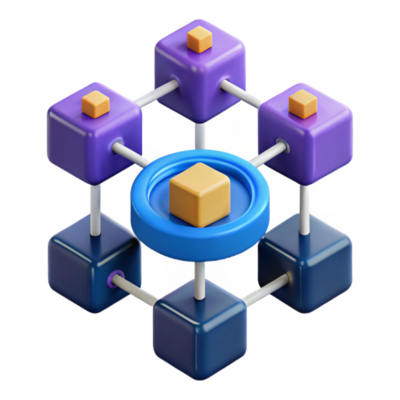

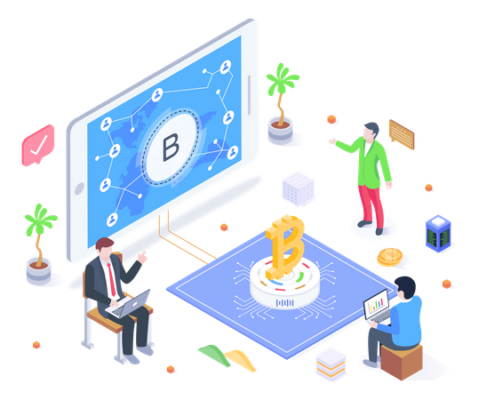


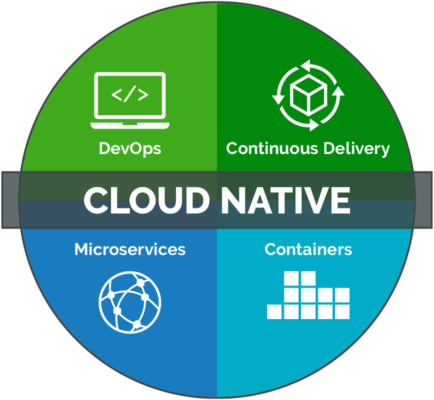

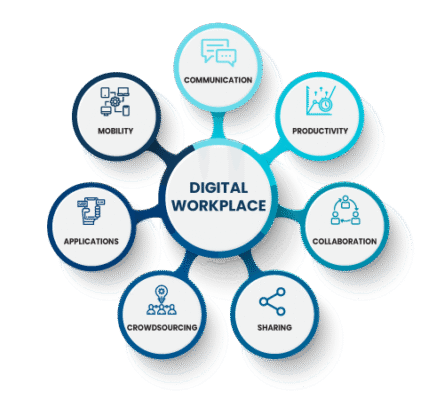



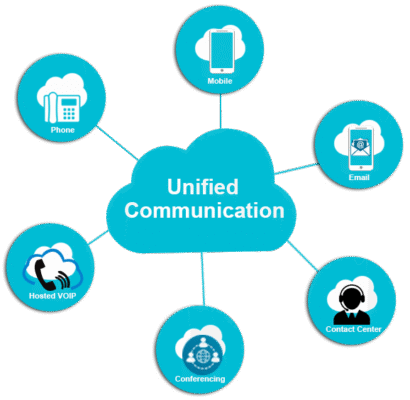

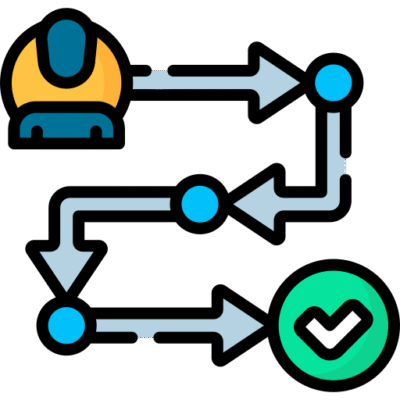




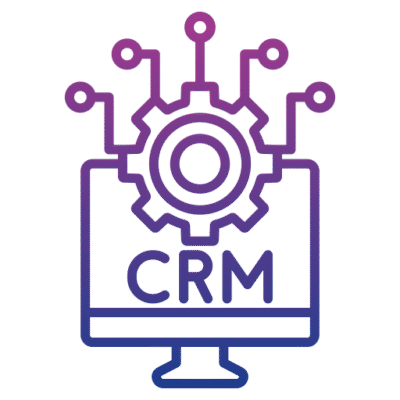

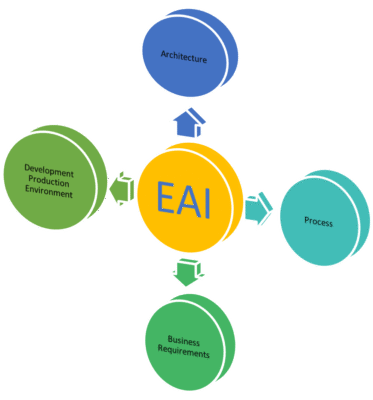
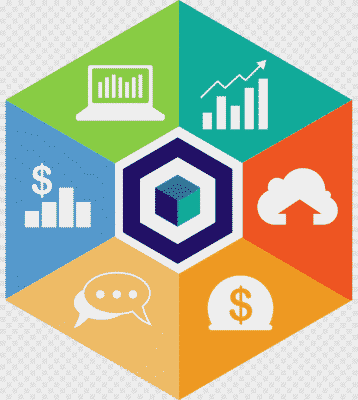
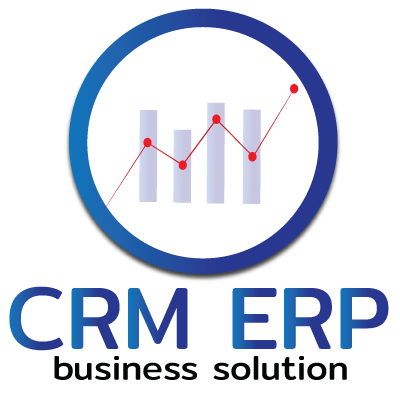
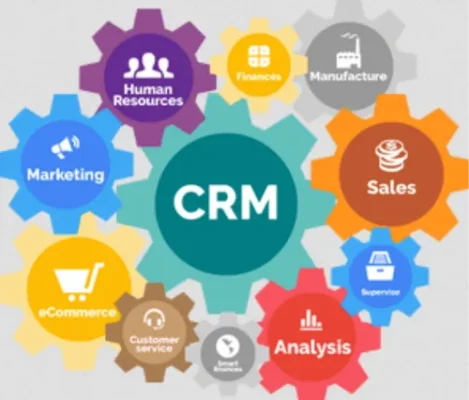
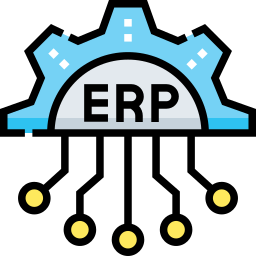


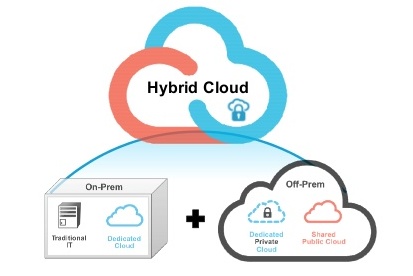

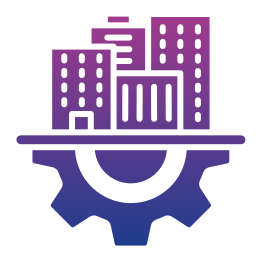

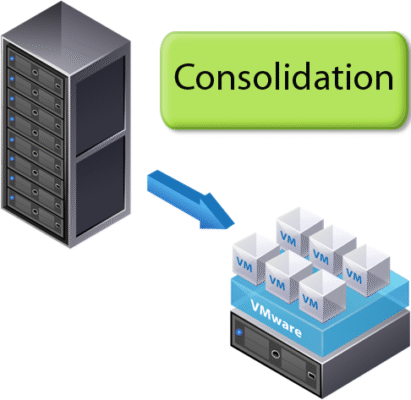


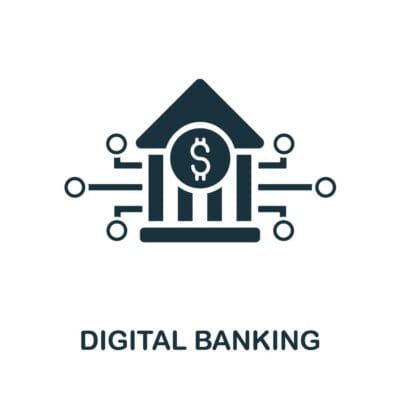


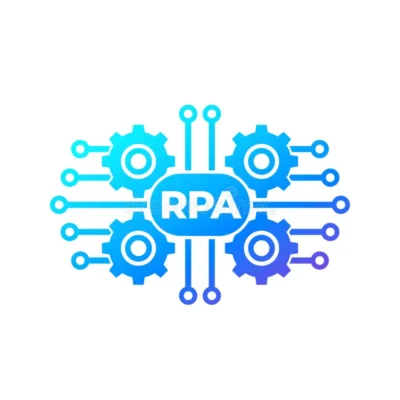
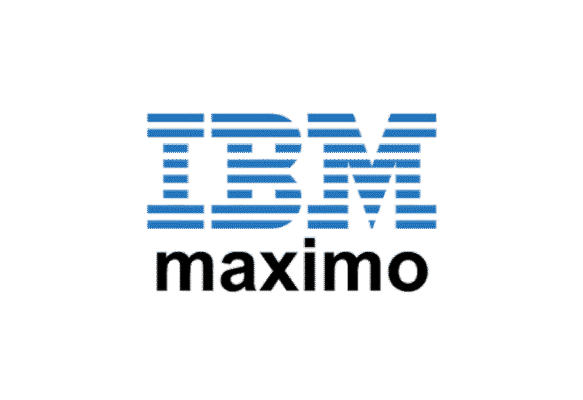
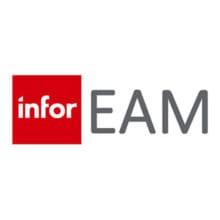

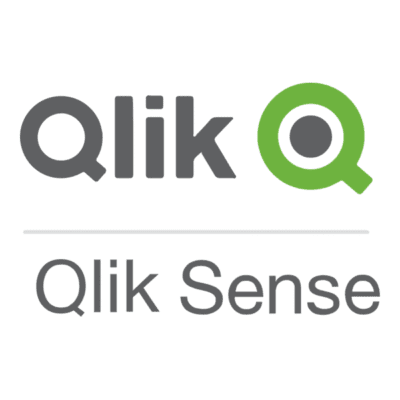
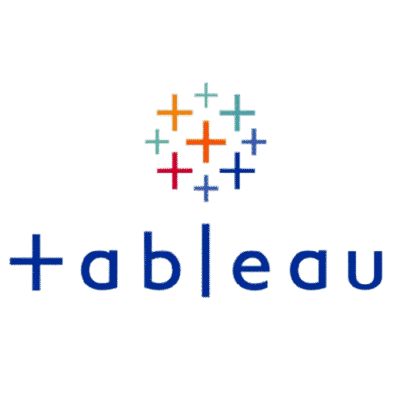
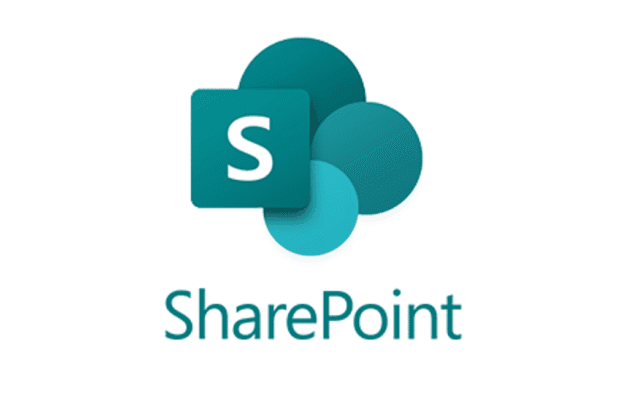
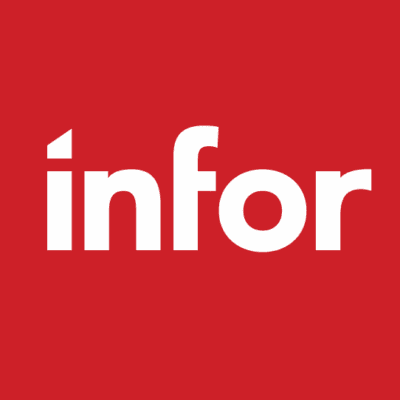

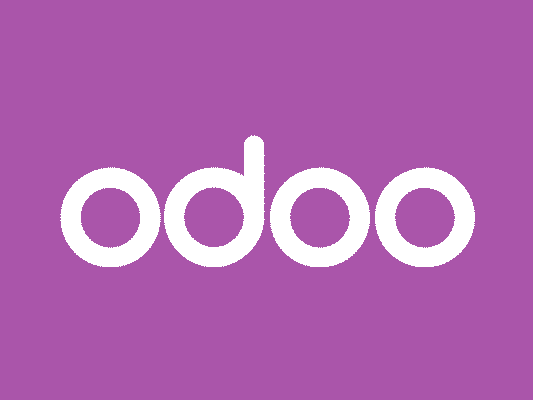





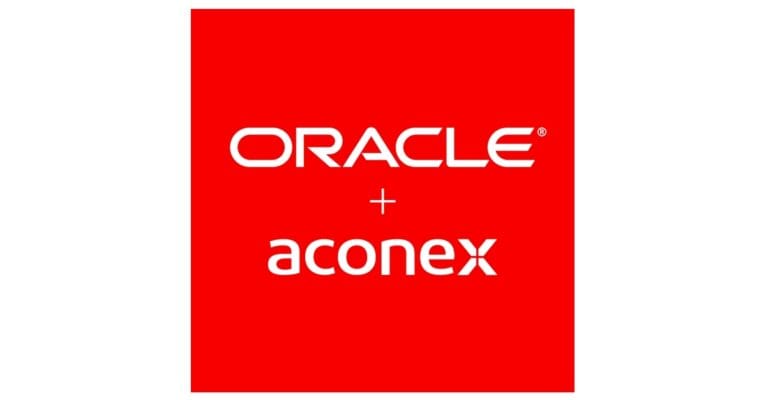




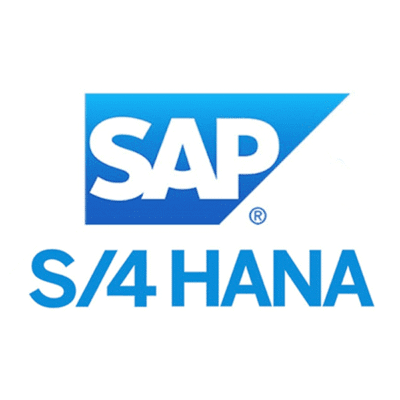
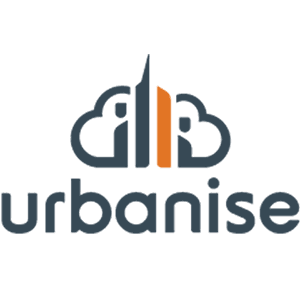
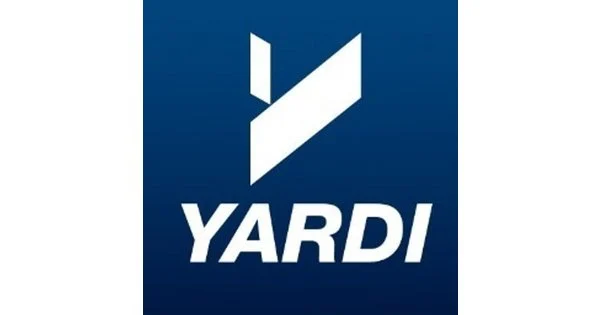

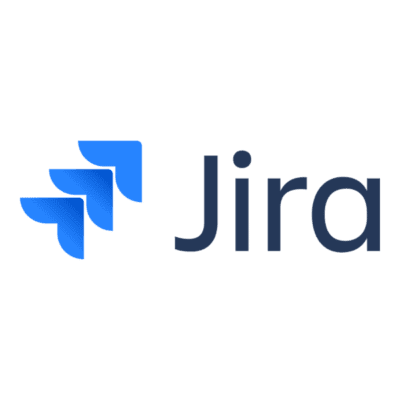

Thanks for reading! Stay curious, keep exploring.